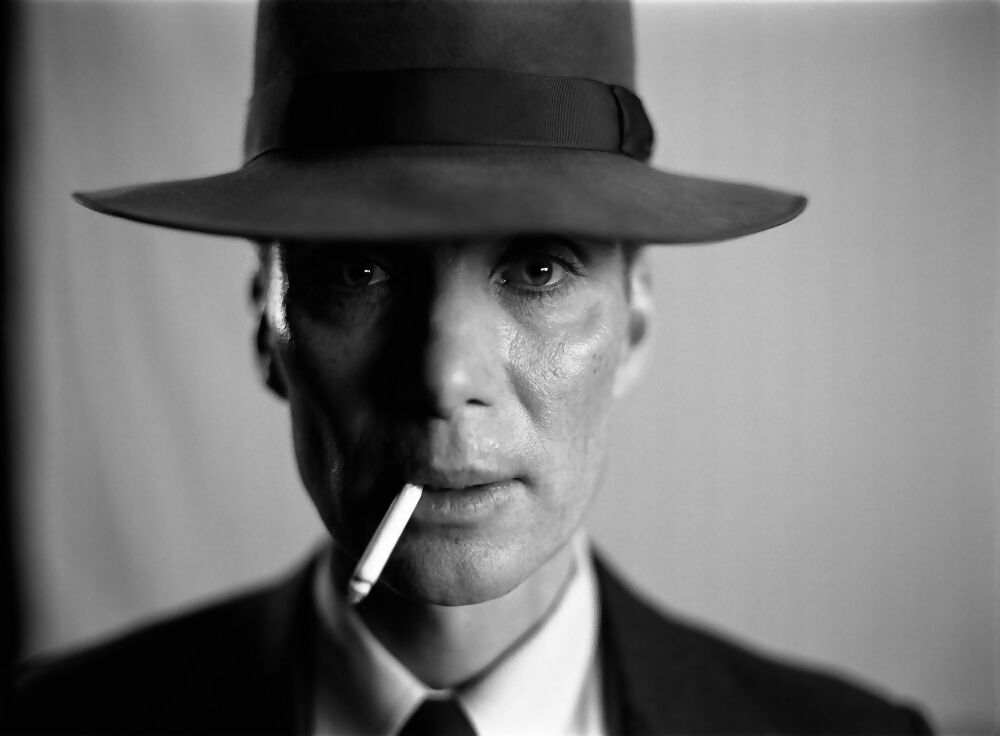
After 23 years, millions of dollars and numerous filmmakers coming and going, Warner Bros has failed to make Akira happen.
One day, a Hollywood studio may finally get a live-action adaptation of Akira made. It just won’t come courtesy of Warner Bros, even though the studio has spent more than two decades developing a take on Katsuhiro Otomo’s classic manga and 1988 animated film.
After picking up the rights in 2002, burning through plenty of high-grade Hollywood talent and spending who knows how many millions of dollars, it seems that the studio has conceded that there’s no way to make an Akira adaptation work because the balance between commercial appeal and reverence for the source material is just too difficult to achieve.
According to The Hollywood Reporter, Warner Bros has allowed its hold over the rights to lapse, even though one of the project’s producers, Andrew Lazar, was saying as recently as May that a long-gestating Taika Waititi take on Akira was happening, and that we should “expect an update in the next couple of months.”
Well, we’ve got an update, alright, but not the one we expected. The reason that Akira has gradually developed a reputation as being unfilmable is complicated, but the post-apocalyptic story’s themes are linked to Japan’s status as history’s only victim of an atomic bomb. Moving the tale from Japan – as was Warner Bros’ plan at one point – robs it of much of the context that made the original Akira so memorable.
Then there’s the casting problem: conventional studio wisdom suggests that a blockbuster of this size would need movie stars familiar to western audiences to support it. Warner Bros has repeatedly faced calls of ‘whitewashing’ when stars such as Tron: Legacy’s Garret Hedlund were previously cast for the project. The studio will remember only too well the will the claims of whitewashing that plagued Paramount’s Ghost In The Shell, a 2017 live-action take on an iconic anime that controversially starred Scarlett Johansson.
Set in post-apocalyptic Neo-Tokyo, Akira is about clashing biker gangs and secret government experiments. A troubled teenager, Tetsuo, is scraped off the pavement after he crashes his bike, and ends up part of a program that gives him deadly telekinetic powers. His childhood friend Kaneda tries to track Tetsuo down, but Tetsuo’s abilities soon run out of control.
Warner Bros began developing the project back in 2002, tasking Blade filmmaker Stephen Norrington to direct an adaptation, with Jon Peters producing. In the decades since, filmmakers and writers including Gary Whitta, Mark Fergus, Hawk Otsby, Steve Kloves, Allen, Albert Hughes, and Jaume Collet-Sera have all taken a crack at the project too, with Hughes talking about the experience pretty candidly.
Perhaps the best thing that could happen here is that whichever huge studio inevitably next picks up the rights, it then commissions a realistically-budgeted Japanese-centric take on the material. 2023’s Godzilla Minus One proved what could be done by a smaller studio telling a story that is intextricably part of Japanese culture, and still made plenty of money for Toho – not to mention also bagging the studio an Oscar. We’ll surely find out soon enough and when we do, we’ll let you know.






